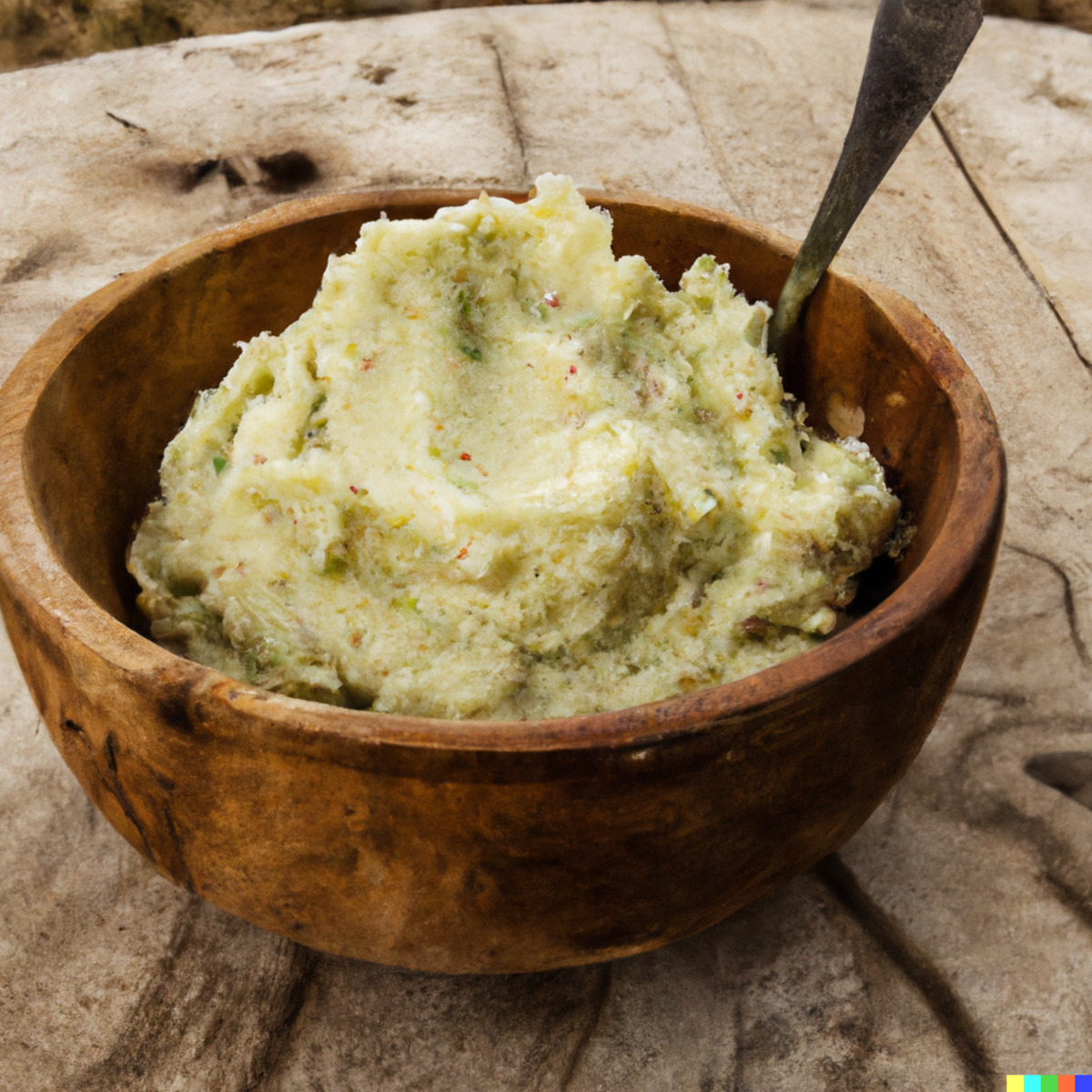
Jump to:
Creamy Herb Mashed Potatoes have become my go-to side dish for just about every special occasion and family dinner. I start with high-starch russet potatoes, peel them, and cut them into chunks before boiling them until they're fork-tender. While they cook, I melt unsalted butter in a saucepan and sauté minced garlic until it's fragrant, setting the stage for the infusion of flavor that's about to happen.
Once the potatoes are ready, I mash them to my preferred consistency, usually aiming for a texture that's fluffy yet rich. Then comes the fun part: I stir in the melted garlic butter and whole milk, creating a luscious, creamy base. But what really elevates these mashed potatoes to the next level are the fresh herbs. I fold in freshly chopped parsley and thyme leaves, which infuse the potatoes with an herby aroma that's irresistible. A final seasoning of salt and pepper, and they're ready to steal the show at any meal.
Substitutions for Creamy Herb Mashed Potatoes
Potato Varieties
- Russet Potatoes: The recipe calls for russet potatoes, but you can also use Yukon Gold for a more buttery texture. Red potatoes are another option, although they yield a less fluffy result.
Dairy Products
- Whole Milk: You can easily replace whole milk with 2% milk, half-and-half, or even a dairy-free milk like almond or oat milk.
- Unsalted Butter: Salted butter can be used in place of unsalted; just adjust the added salt to taste. For a vegan version, vegan butter or olive oil works well.
Herbs and Spices
- Fresh Herbs: If fresh parsley and thyme are unavailable, dried herbs are an ok substitute. Remember to reduce the quantity since dried herbs are more potent. Use one-third the amount of the fresh herbs as a general guideline.
- Garlic: Garlic powder is a convenient replacement if fresh garlic isn't available. Use about ⅛ teaspoon of garlic powder per clove.
Seasoning
- Salt and Pepper: Feel free to use specialized salts like sea salt or kosher salt for a different flavor profile. For a spicier kick, a dash of cayenne pepper or black pepper could be added.
Vegan Substitutions
- Butter and Milk: To make this recipe vegan, substitute vegan butter and a plant-based milk like almond, soy, or oat milk. Follow the same measurements as the original recipe.
Remember that substitutions can slightly alter the taste and texture of the dish, but they can also make it more suitable for various dietary requirements or preferences. Experiment and enjoy!
Recipe
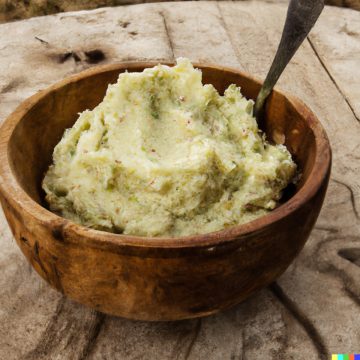
Creamy Herb Mashed Potatoes
Ingredients
- 2 pounds russet potatoes peeled and cut into chunks
- ½ cup unsalted butter
- 1 cup whole milk
- 3 cloves garlic minced
- 2 tablespoons fresh parsley chopped
- 1 tablespoon fresh thyme leaves chopped
- Salt and pepper to taste
Instructions
- Place the peeled and cut potatoes into a large pot and fill it with enough water to cover the potatoes. Add a pinch of salt to the water for seasoning.
- Bring the pot to a boil over high heat and cook the potatoes until they are tender and easily pierced with a fork. This usually takes around 15-20 minutes.
- While the potatoes are boiling, melt the butter in a saucepan over low heat. Add the minced garlic and cook for a minute or two until fragrant. Remove from heat and set aside.
- Drain the cooked potatoes and return them to the pot. Mash the potatoes using a potato masher or an electric mixer until they reach your desired consistency.
- Gradually pour the melted butter and garlic mixture into the mashed potatoes, followed by the milk. Stir well to combine all the ingredients.
- Add the chopped parsley and thyme leaves to the mashed potatoes, mixing them in evenly. Season with salt and pepper to taste.
- Place the pot back on low heat and stir the mashed potatoes for a few minutes until heated through.
- Once warmed, remove from heat and transfer the mashed potatoes to a serving dish.
- Garnish with a sprig of fresh parsley or thyme for presentation.
- Serve the creamy herb mashed potatoes as a side dish alongside your favorite main course.
Nutrition
Creamy Herb Mashed Potatoes - FAQ
For fluffy and creamy mashed potatoes, russet potatoes are generally recommended due to their high starch content. However, you can also use Yukon Gold potatoes for a more buttery flavor.
Yes, you can use dried herbs if fresh ones are unavailable. However, dried herbs are more potent, so you may need to reduce the quantity. A general guideline is to use one-third of the amount of fresh herbs.
You can substitute whole milk with 2% milk, half-and-half, or even a dairy-free option like almond or oat milk. The texture and flavor may vary slightly depending on your choice.
Cutting the potatoes into approximately 1-inch chunks will ensure they cook evenly and quickly.
Yes, you can make the mashed potatoes a day in advance. To reheat, place them in a saucepan over low heat, adding a splash of milk to restore the original creaminess.
The potatoes are cooked when they are easily pierced with a fork. They should be tender but not falling apart.
While it's possible to use a food processor, be careful not to over-process as it can make the potatoes gummy. A potato masher or electric mixer is ideal for the best texture.
If your mashed potatoes turn out too runny, you can put them back on low heat and cook for a few minutes, stirring constantly, to help evaporate the extra moisture.
These mashed potatoes pair well with roasted or grilled meats like beef, chicken, or pork. They also complement vegetarian dishes like roasted vegetables or meat substitutes.
You can store leftover mashed potatoes in an airtight container in the refrigerator for up to 3-4 days. To reheat, place them in a saucepan over low heat and add a little milk if necessary.
Yes, these mashed potatoes will last in the freezer for up to a month in an airtight container. To reheat, thaw in the fridge overnight and then warm on the stove, adding milk as needed to restore the texture.




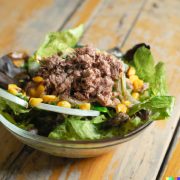


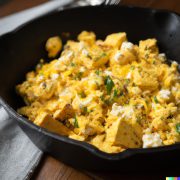
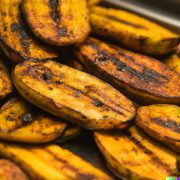
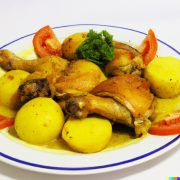
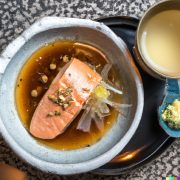


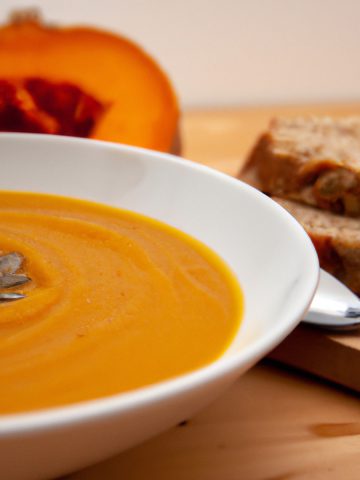
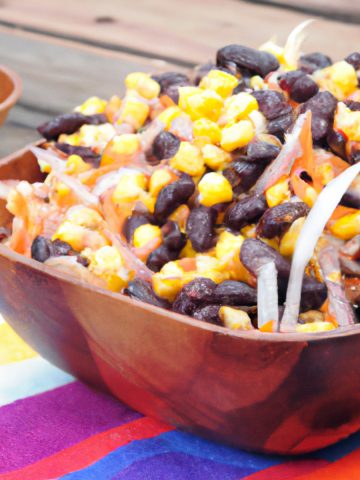
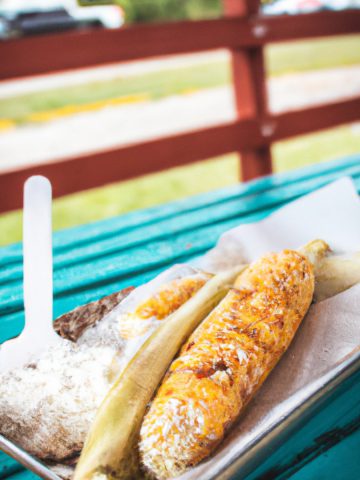
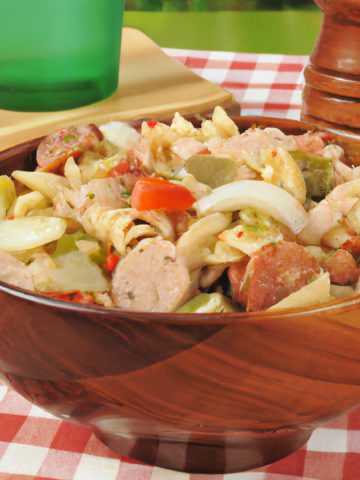
Comments
No Comments